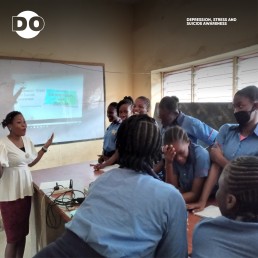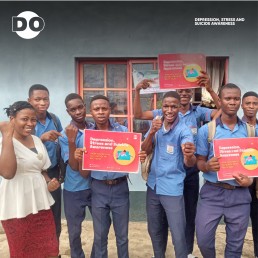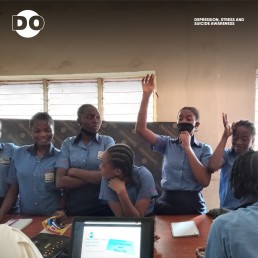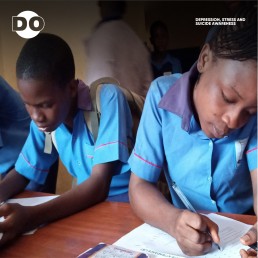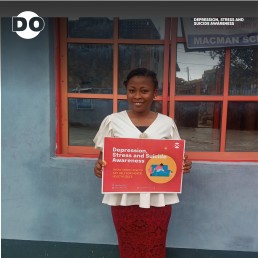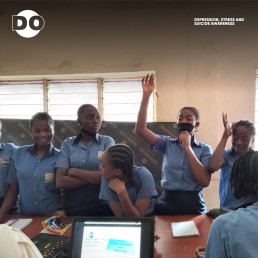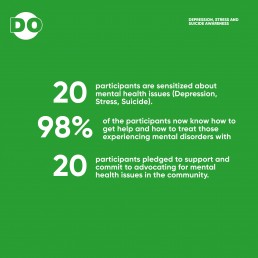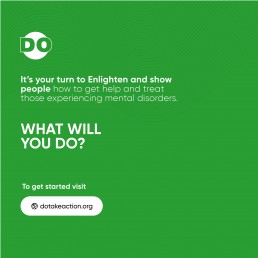THE NEED
We’ve all had days when our energy is low, our expectations are twisted, and we’re feeling down in the dumps. Those are normal feelings of sadness or grief that pass in days.
Depression, on the other hand, is a diagnosable condition classified as a mood disorder that can cause long-term symptoms such as overwhelming sadness, low energy, loss of appetite, and a lack of interest in things that used to bring pleasure. Depression is a common illness worldwide, affecting an estimated 3.8 per cent of the population, including 5.0 per cent of adults and 5.7 per cent of adults over the age of 60. Depression affects approximately 280 million people worldwide.
Suicide and depression are inseparably linked. The vast majority of patients who commit suicide have a diagnosis of depression or stress. Chronic, or long-term, stress is bad enough on its own, but it can also lead to depression, a mood disorder that causes people to feel down and uninterested in activities they normally enjoy. Depression has far-reaching consequences; it can affect an individual’s appetite, sleep patterns, and ability to focus.
According to a new World Health Organization (WHO) study, one person commits suicide every 40 seconds worldwide. Nigeria had the highest suicide rate among African countries in 2016, according to the World Health Organization (WHO), with over 17,000 people committing suicide. According to Bloomberg, Nigeria is the world’s most stressful country. According to World Health Organization (WHO) statistics, one out of every four Nigerians, or 50 per cent, has a mental illness.
Having seen the recent onslaught of suicide amongst young people, especially university students, Arohunmolase-Gold Mary Omotolani decided to organise a workshop titled “Depression, Stress and Suicide Awareness” under the umbrella of DO-Take Action.
Mary studied Nursing Science at the School of Nursing UCH, Ibadan; however, she is self-employed. A compassionate person, Mary cares about the wellbeing and health of people in her sphere of influence. Little wonder she took up the project to sensitise and create awareness on mental health issues, how to get help and how to treat those experiencing it with love and care.
She carried out the project under Good Health and Well-being program; a DO program that addresses key challenges in the health care sector by carrying out advocacy campaigns, health outreaches, capacity building workshops and community infrastructure projects that will ultimately improve the quality of health care and impact at least 10 million Nigerians over the next ten years.
The project was carried out at Macman International School, Agbowo community. It entailed the following:
- A group discussion on depression, stress and suicide, how to get help, and how to treat those experiencing it with love and care.
- An interactive Q/A session where the participants asked questions and were given informed answers
- Evaluation of the students’ knowledge after the presentation and discussion
In the course of the project, a minimum of 20 participants were sensitised on mental health issues (Depression, Stress, Suicide). The participants pledged to support and commit to advocating for mental health issues in the community. Also, the participants scored above average on the Depression, Stress and Suicide Awareness test and now know how to get help and how to treat those experiencing mental disorders.
Mary has contributed her quota to making her community saner and healthier. What contributions are you pioneering in your community?
If you enjoyed the story and would like to read more stories like this, sign up for our monthly newsletter to get notified of new stories.
Also, do well to follow our social media handles for more engaging and entertaining content on issues that affect YOU.

